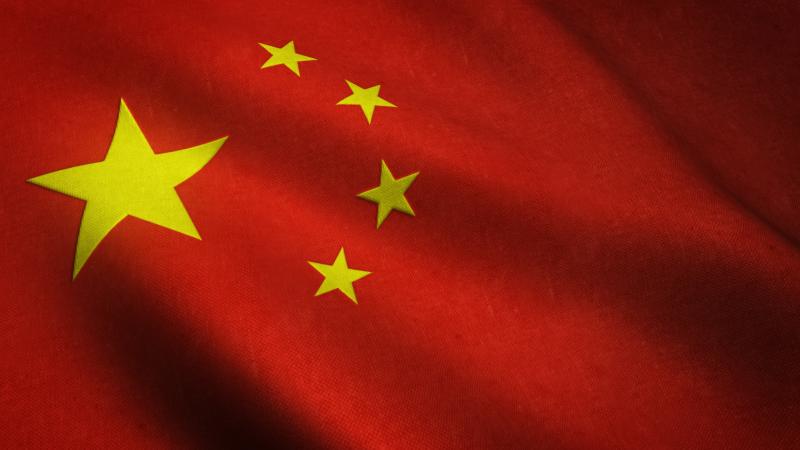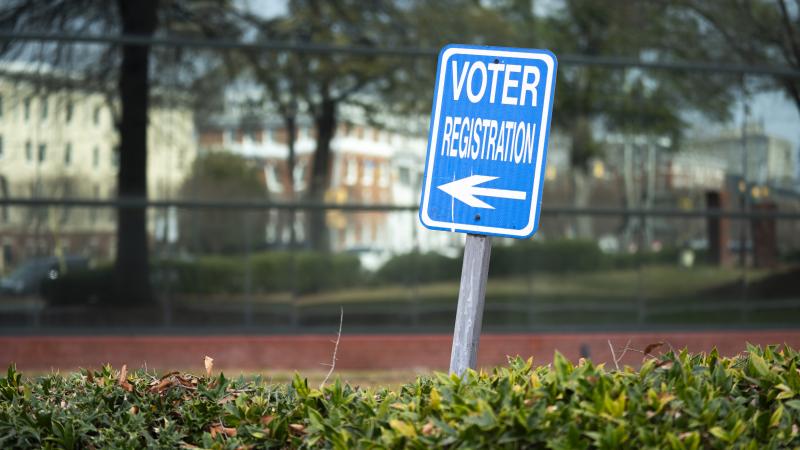China's 'seventh domain' bio warfare focus boosts coronavirus suspicions, says expert
Trump China guru Michael Pillsbury thinks U.S. should be paying attention to the military agendas of recently promoted Chinese generals.
In a podcast interview for John Solomon Reports, scholar and advisor to President Trump on China policy Michael Pillsbury discussed the origin of the novel coronavirus and where China stands today as a threat and rival to the U.S.
Pillsbury, whose 2015 book "The Hundred-Year Marathon: China’s Secret Strategy to Replace American as the Global Superpower," changed top officials’ understanding of American-Chinese relations, believes China has long been ramping up their military and intelligence operations, such that they have now surpassed the space and cyber warfare efforts of the United States by several key benchmarks.
“The schedule this year is that [China] will launch twice as many satellites as we do,” said Pillsbury.
Perhaps most alarmingly, Pillsbury warned of an area of warfare development that he says China calls “the seventh domain.”
The seventh domain refers to biological warfare, which Pillsbury says includes “bio weapons” and “genetically tuned weapons that can attack only a certain kind of ethnic group.”
The Biological Warfare Convention is a treaty signed by 183 nations globally, including China and the United States, stipulating that no participating nation will use or maintain biological weapons, aside from samples.
However, Pillsbury points out that several prominent Chinese generals have written books about the seventh domain being the next wave of warfare technology, and in the time since those books were published, one general has been made the head of China’s National Defense University, and the other is now the vice director of their Academy of Military Science.
All of this “adds to the suspicion about the coronavirus experiments in Wuhan,” says Pillsbury.
Adding further to those suspicions are the teams of Chinese scientist who, according to Pillsbury, wrote extensively, even boastfully, in world-renowned medical journals about their research on the coronavirus and its relationship to the genome structure of bats.
“Now, China's trying to take all that back," Pillsbury said. "They're trying to say no, we never really experimented with the virus. We didn't culture new strains of it in the laboratory. But the problem with that is their scientists have already published these articles, and they're rather easy to find online.”
Listen to Pillsbury’s full discussion with John Solomon here.














